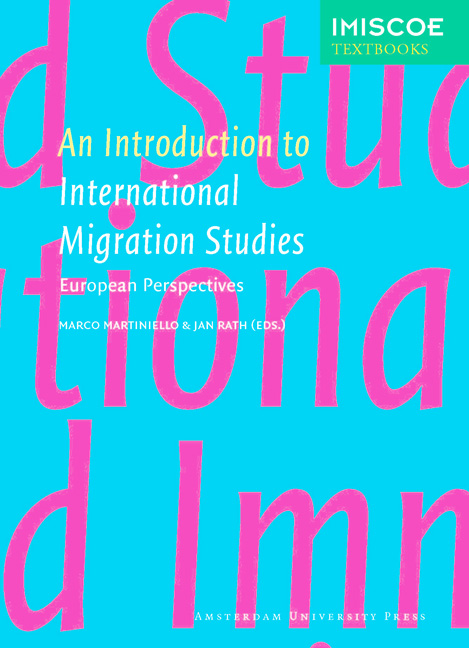15 - The Regulation of Undocumented Migration
Published online by Cambridge University Press: 14 January 2021
Summary
Introduction
Most countries have a sizeable population of undocumented foreign residents. The United States alone harbours some 12 million resident foreigners (Passel 2007; Passel and Cohn 2008; Passel and Cohn 2009). Within Western Europe, an estimated 2.6 to 6 million foreign immigrants reside without legal status. Even developed countries that have long enforced strict anti-immigration policies, such as Japan, increasingly acknowledge the existence of an undocumented population of migrants – and the increase in this population over time (Kadokura 2007). In fact, evidence suggests that the current world migratory situation is characterised by the rising significance of undocumented populations in most regions (Hutton and Williamson 2005).
The presence of a sizeable number of undocumented migrants raises important questions, both scientific and humanitarian. As far as the former are concerned, the existence of a large undocumented population – able to live and work in a country for years, even decades, without an ‘official’ identity – triggers questions about the very nature of states and societies. Contemporary nation-states have a right, sanctioned by international law, to determine if and under what conditions foreigners may live in their territory (Plender 1998). Furthermore, part and parcel of the regulation of their economies is the regulation of the labour supply through migration restriction (Zolberg 1999). Capacity to control the number of individuals eligible for welfare provisions has been a key precondition for the operation of welfare programmes since they originated (Lucassen 1997; Bommes 2003). The self-understanding of modern states as tied to specific nations implies a political concern about cultural and ethnic heterogeneity (Castles 2004), and control of the composition of the population is considered crucial for state security, both internal and external. Given these state interests, a growing population of undocumented foreign residents would seem to present a challenge to current notions of political statehood and societal membership.
The issues raised by undocumented immigrants become even more apparent when viewed in the context of modern state practices. The current understanding of sovereignty translates into an extensive and historically unprecedented political regulation of access to labour markets, housing, consumer markets and infrastructure for mobility. States have established a successful monopoly over both the means of mobility as well as institutionalised identities (Torpey 1998; Torpey 2000).
- Type
- Chapter
- Information
- An Introduction to International Migration StudiesEuropean Perspectives, pp. 351 - 378Publisher: Amsterdam University PressPrint publication year: 2012
- 1
- Cited by



